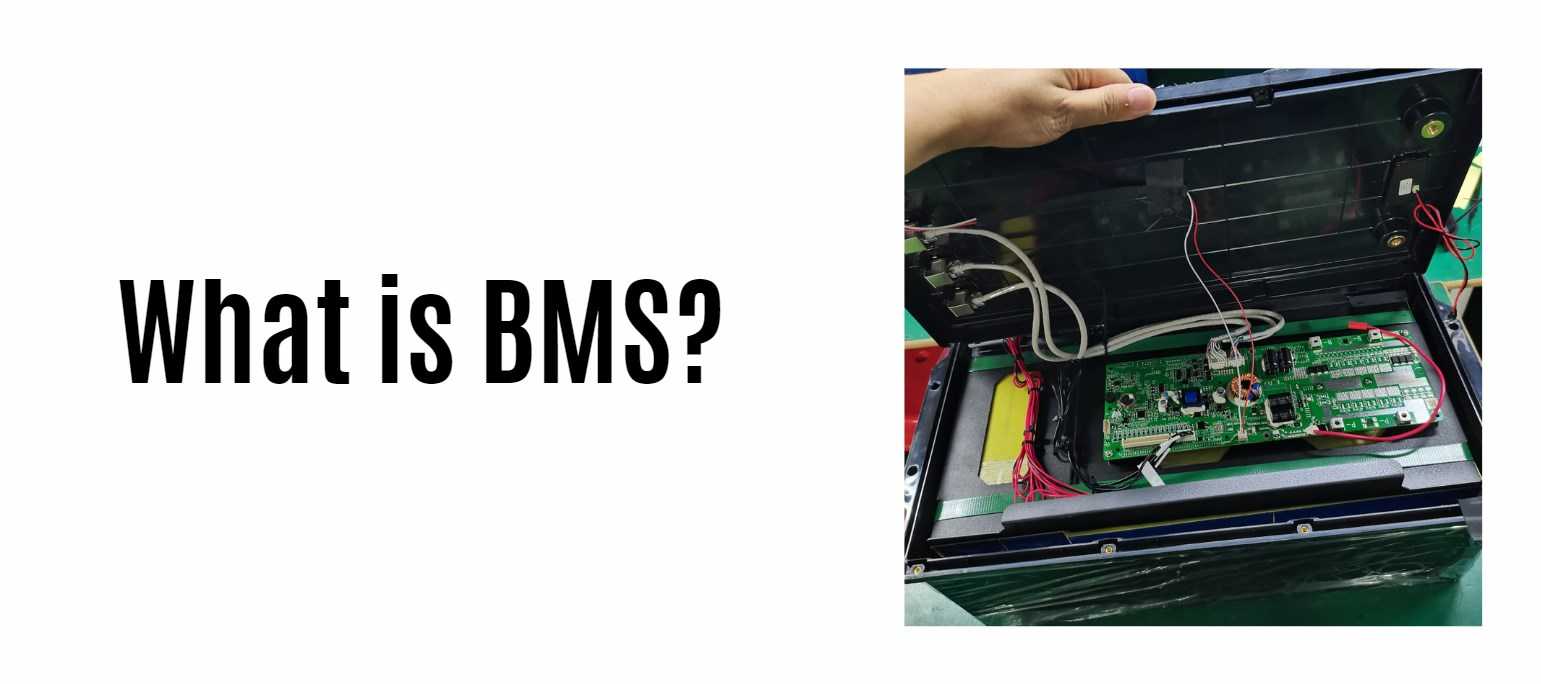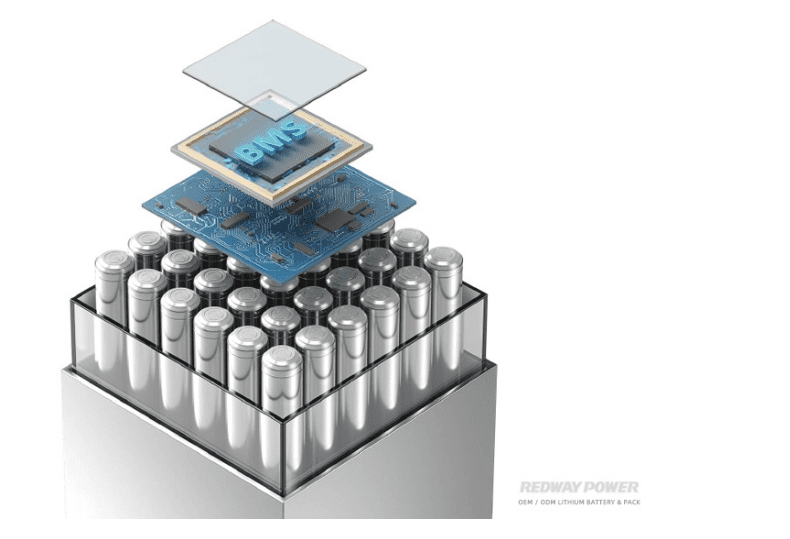Selecting the right Battery Management System (BMS) for your Lithium Iron Phosphate (LiFePO4) batteries is crucial for ensuring optimal performance, safety, and longevity. A BMS not only monitors the health of the battery but also manages charging and discharging processes. In this comprehensive guide, we will explore the key factors to consider when choosing a BMS for LiFePO4 batteries, the features to look for, and best practices to follow.
Understanding the Role of a BMS
A Battery Management System serves several essential functions:
- Monitoring: The BMS continuously tracks voltage, current, temperature, and state of charge (SoC) for each cell in the battery pack.
- Balancing: It ensures that all cells are charged and discharged evenly to prolong battery life.
- Protection: A BMS safeguards against overcharging, over-discharging, and thermal runaway.
Key Factors to Consider When Choosing a BMS for LiFePO4 Batteries
1. Compatibility with Battery Specifications
Wholesale lithium golf cart batteries with 10-year life? Check here.
Before selecting a BMS, ensure it is compatible with your specific LiFePO4 battery specifications:
-
Voltage Range: Check that the BMS can handle the nominal voltage of your battery pack. For example, a 12V LiFePO4 battery pack typically consists of four cells in series (3.2V each), requiring a BMS rated for at least 12.8V.
-
Current Rating: Ensure that the BMS can support the maximum continuous and peak current requirements of your application. This is particularly important for high-drain applications like electric vehicles or power tools.
2. Cell Balancing Features
Want OEM lithium forklift batteries at wholesale prices? Check here.
Cell balancing is critical for maintaining battery health:
-
Active Balancing vs. Passive Balancing: Active balancing redistributes energy between cells during charging and discharging, while passive balancing dissipates excess energy as heat. Active balancing is generally more efficient but may be more expensive.
-
Balancing Accuracy: Look for a BMS that offers precise cell balancing capabilities to ensure all cells remain at similar voltage levels.
3. Temperature Monitoring
Temperature plays a significant role in battery performance and safety:
-
Thermal Sensors: A good BMS should include temperature sensors that monitor individual cell temperatures and ambient conditions.
-
Protection Mechanisms: The BMS should be able to disconnect the load or stop charging if temperatures exceed safe limits, preventing thermal runaway.
4. Communication Protocols
Consider the communication capabilities of the BMS:
-
CAN Bus: A Controller Area Network (CAN) bus allows multiple devices to communicate with each other without a host computer, making it ideal for automotive applications.
-
Modbus RTU/TCP: This protocol enables communication over serial lines or Ethernet networks, commonly used in industrial applications.
5. User Interface and Monitoring Capabilities
A user-friendly interface can significantly enhance usability:
-
Display Options: Look for a BMS that provides real-time data on voltage, current, temperature, and SoC through an LCD display or mobile app.
-
Data Logging: Some advanced systems offer data logging capabilities, allowing you to track performance over time and identify trends.
6. Safety Features
Safety is paramount when dealing with lithium batteries:
-
Overvoltage Protection: The BMS should prevent cells from exceeding their maximum voltage during charging.
-
Overcurrent Protection: It should also protect against excessive current draw during discharge.
-
Short Circuit Protection: The system should have mechanisms in place to detect and respond to short circuits effectively.
7. Warranty and Support
When investing in a BMS, consider the following:
- Warranty Period: A longer warranty period typically indicates confidence in product reliability.
- Customer Support: Ensure that the manufacturer provides adequate customer support and technical assistance if needed.

Best Practices for Using a BMS with LiFePO4 Batteries
To maximize the benefits of your chosen BMS, consider these best practices:
1. Regular Monitoring
Regularly check the performance metrics provided by your BMS to ensure everything is functioning correctly.
2. Firmware Updates
Keep your BMS firmware updated to benefit from improvements and new features offered by manufacturers.
3. Follow Manufacturer Guidelines
Always adhere to guidelines provided by both your battery and BMS manufacturers regarding installation, usage, and maintenance.
Data Chart: Comparison of Different Types of BMS Features
| Feature | Basic BMS | Advanced BMS |
|---|---|---|
| Voltage Monitoring | Yes | Yes |
| Cell Balancing | Passive | Active |
| Temperature Monitoring | Limited | Comprehensive |
| Communication Protocols | None | CAN Bus / Modbus |
| User Interface | Basic LED Indicators | LCD Display / Mobile App |
FAQs About Choosing a BMS for LiFePO4 Batteries
What happens if I don’t use a BMS with my LiFePO4 batteries?
Without a BMS, your batteries are at risk of overcharging, overheating, and uneven cell discharge, which can lead to reduced lifespan or failure.
Can I use a generic BMS with my LiFePO4 batteries?
While it’s possible, using a generic BMS may not provide optimal performance or safety features tailored specifically for LiFePO4 chemistry.
How often should I check my battery management system?
Regular monitoring is advisable—at least once every few months—to ensure everything is functioning correctly.
Latest News on Battery Management Systems
Recent advancements in Battery Management Systems focus on enhancing efficiency and safety features:
- New technologies are being developed that allow for real-time monitoring of battery health via cloud-based systems.
- Research into AI-driven algorithms aims to optimize charging cycles based on usage patterns for better efficiency.
Conclusion
In conclusion, selecting the right Battery Management System (BMS) for your Lithium Iron Phosphate (LiFePO4) batteries is essential for ensuring safety, optimizing performance, and extending lifespan. By considering compatibility, cell balancing features, temperature monitoring capabilities, and safety mechanisms, you can make an informed choice that enhances your energy storage solutions.For customized lithium solutions tailored specifically to your needs—whether for automotive applications or renewable energy systems—contact Redway Battery today for a quick quote!







